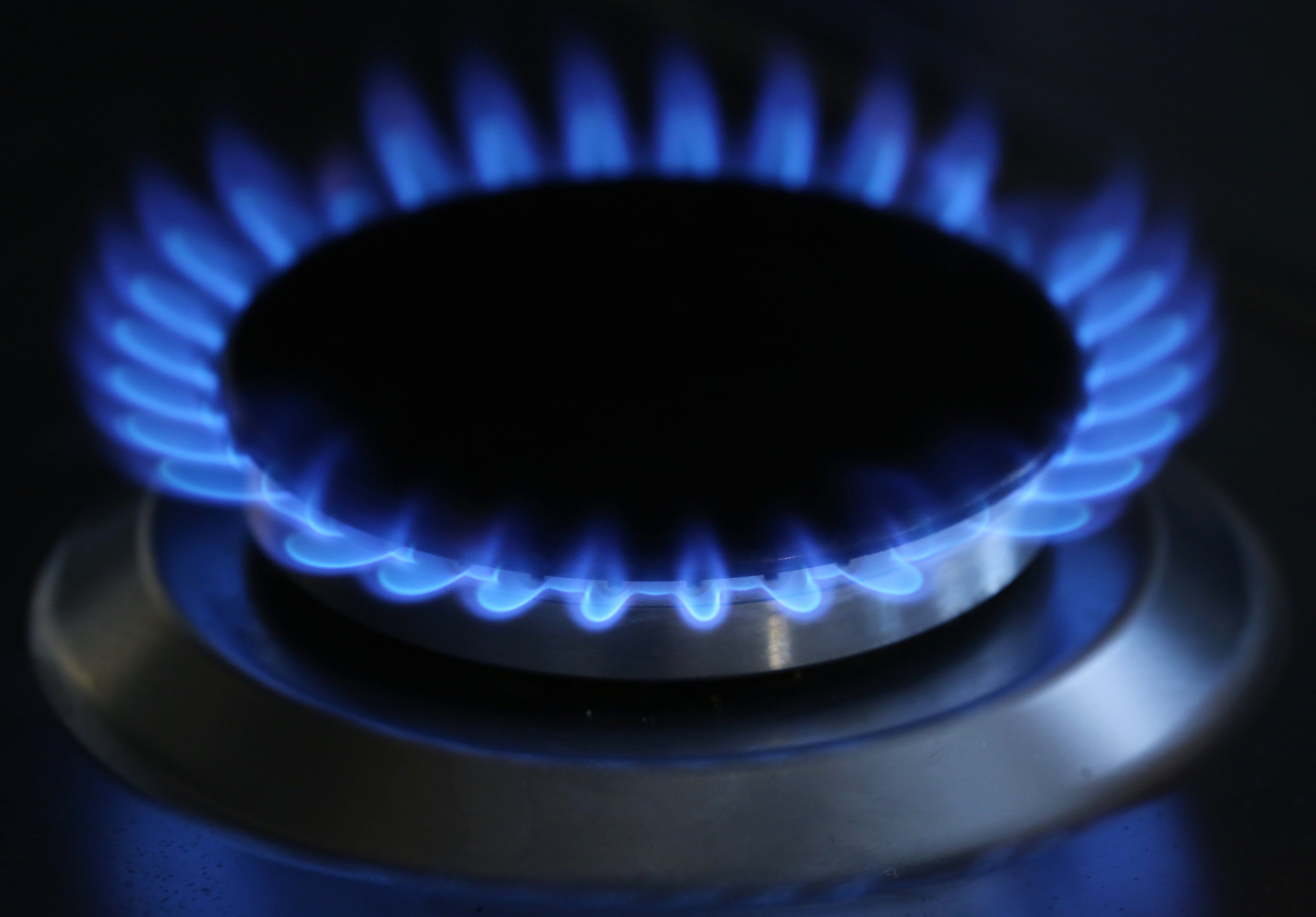Energy bills for 22 million homes could rise again this summer under new Ofgem powers
Officials said that changes to the price cap on bills, including the ability to change it more often than twice a year, will reduce risks for suppliers

Your support helps us to tell the story
From reproductive rights to climate change to Big Tech, The Independent is on the ground when the story is developing. Whether it's investigating the financials of Elon Musk's pro-Trump PAC or producing our latest documentary, 'The A Word', which shines a light on the American women fighting for reproductive rights, we know how important it is to parse out the facts from the messaging.
At such a critical moment in US history, we need reporters on the ground. Your donation allows us to keep sending journalists to speak to both sides of the story.
The Independent is trusted by Americans across the entire political spectrum. And unlike many other quality news outlets, we choose not to lock Americans out of our reporting and analysis with paywalls. We believe quality journalism should be available to everyone, paid for by those who can afford it.
Your support makes all the difference.Energy bills for 22 million households might go up again in the next six months after regulator Ofgem handed itself new powers to make emergency changes to the price cap.
In a letter to suppliers, the watchdog said it would look after households by helping energy firms, a day after announcing a 50 per cent increase in bills from April 1.
Officials said that changes to the price cap on bills, including the ability to change it more often than twice a year, will reduce risks for suppliers.
The changes will come into force for the period between April and October, the eighth price cap period.
Ofgem‘s letter said: “The changes introduced in cap period eight will benefit customers by reducing systemic risks for suppliers.”
Dozens of energy suppliers have gone out of business during the last six months. It will cost each household in Britain an average of £68 to cover the cost of protecting customers of these suppliers.
The collapses were caused by a massive rise in the price that energy companies had to pay for the gas they supply to households.
Because the price cap limited what suppliers could charge for the same gas, many were selling the fuel at a loss.
On Friday, Ofgem gave itself the power to step in should this happen again over the next six-month period.
It could mean that bills - already set to increase by nearly £700 for the average household - go up again before October.
However, the regulator will not be keen to do this and has set itself a series of criteria for any change.
Bills could also go down before October if the markets allow.
Ofgem said: “The inability to update the cap more frequently reduces the flexibility for us to consider how best to respond to exceptional circumstances, such as the one we are currently seeing.”
Before it makes any emergency changes, the watchdog must feel five criteria have been met: the change in energy prices, or another event affecting suppliers, must be “rare”, it must be outside suppliers’ control and difficult or impossible to avoid. It must also affect the costs of supplying energy and it must require urgent action.
“We do not intend to use an in-period adjustment to enable suppliers to recover costs caused by risky behaviour or poor risk management strategies,” Ofgem said.
The regulator will have this power until October and is talking to the industry about what it can do after that.
The most likely option, preferred by Ofgem, is that the price cap is changed once every three months, rather than the current twice a year.
But the regulator might also introduce a “price cap contract”, which ensures customers are stuck on their suppliers’ price cap-linked tariff, and is considering other solutions to the problem.
The price cap will increase on April 1 to £1,971 for typical-use households. The announcement of the new cap, which is £693 higher than the current level, was made on Thursday.
The Bank of England also added fuel to the data around the cost-of-living crisis on Thursday when it predicted that inflation could hit more than 7 per cent in April.
PA
Join our commenting forum
Join thought-provoking conversations, follow other Independent readers and see their replies
Comments